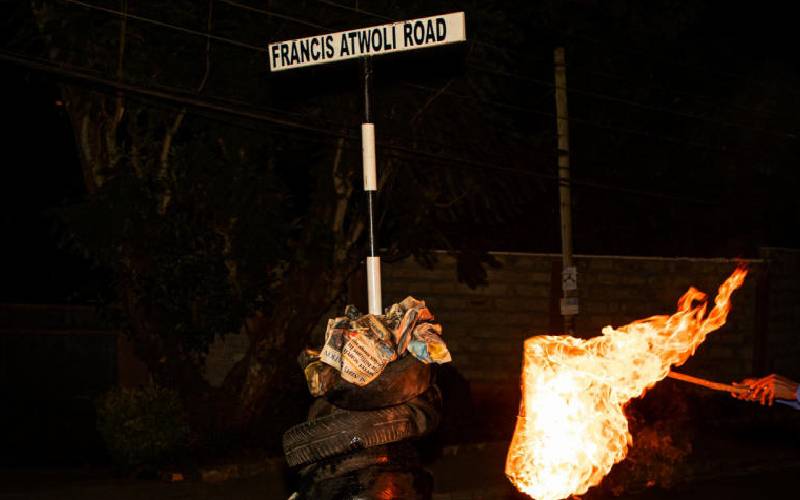×
The Standard e-Paper
Join Thousands Daily

Without villages and neighbourhoods, there would be no need to name roads and streets. The latest controversy of renaming Dik Dik road Francis Atwoli road raises fundamental questions about the governance of public spaces nationally.
Centuries of distinguishing and naming roads, crescents and lanes across the world have created policies and norms that guide this practice. Naming defines and frames public spaces and asserts the communities that occupy them.